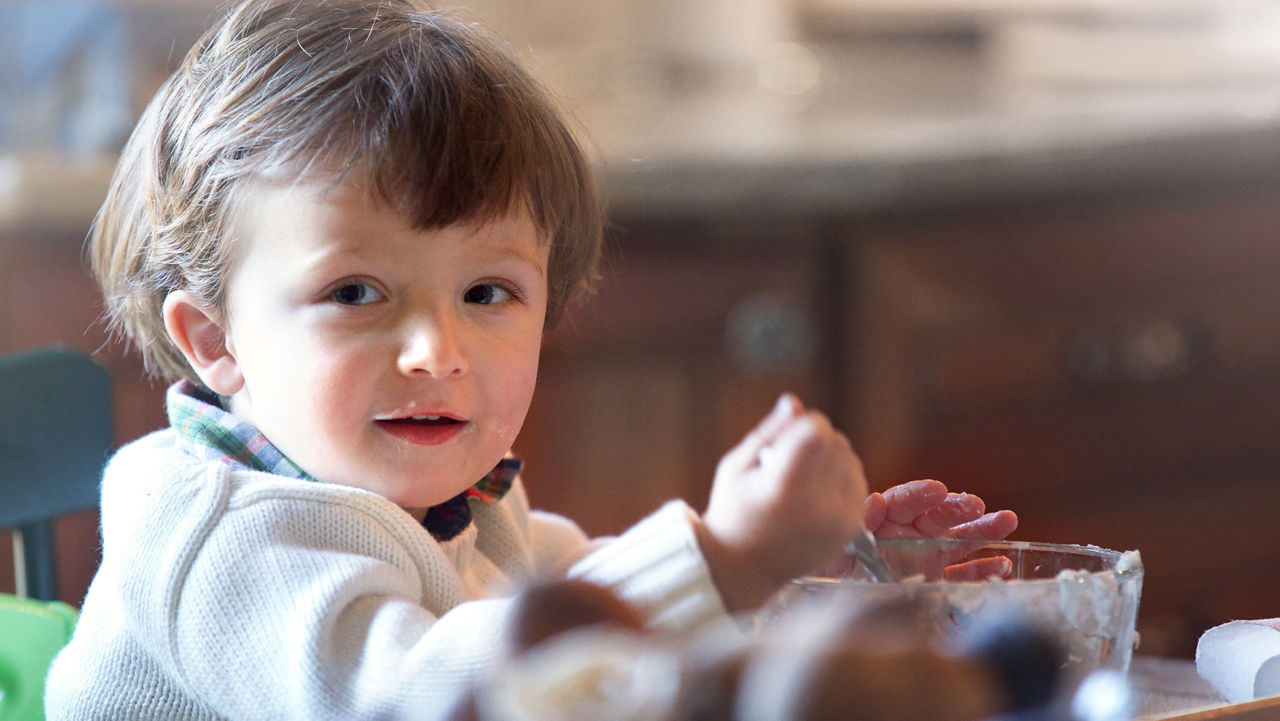As published in the Journal of Pediatric Gastroenterology and Nutrition (JPGN) under the title “Machine Learning Supports Automated Digital Image Scoring of Stool Consistency in Diapers”, Nutricia’s ‘Stool Tracker’ algorithm correctly classified 77% of smartphone photos of stool in full diapers according to the Brussels Infant and Toddler Stool Scale (BITSS)1. By comparison, parents in a separate study were able to correctly classify 65% of such photos.
Nutricia welcomes publication in Journal of Pediatric Gastroenterology and Nutrition on its ‘Stool Tracker’ algorithm for smartphone apps
Nutricia is pleased to announce the publication in the Journal of Pediatric Gastroenterology and Nutrition (JPGN) of a study assessing the feasibility of using a ‘Stool Tracker’ algorithm developed by Nutricia for smartphone apps to classify the consistency of stool samples from photos of full diapers.
Nutricia is investing in developing such digital tools to help give parents peace of mind about the health & wellbeing of their little ones – particularly when it comes to their baby’s nutrition and digestive health. When babies and toddlers have changes in their diets – such as moving on from breast milk or changing baby formulas – this can lead to changes in their bowel movements & stool consistency. That’s often a cause of concern for parents. Nutricia wanted to explore how to combine a technology parents have – smart phones –with artificial intelligence/machine learning for medical image recognition, to develop an algorithm capable of identifying and classifying stool consistency. Until now, smartphone photos have not been well studied for potential use in this type of medical image recognition.
"Often, changes in a baby’s bowel movements can trigger parents to contact their GP or pediatrician for advice. Through this study, we’ve shown how an algorithm – designed using machine learning – can correctly and objectively identify stool composition in non-toilet trained children. It also illustrates how advances in such technologies for smartphone apps are providing a valuable, additional source of information to support parents in conversations with their physician about their baby’s gut health."
Professor Yvan Vandenplas, Head of the Department of Pediatrics at the University Hospital Brussels and corresponding author to the study
A first for AI machine learning
The ‘Stool Tracker’ algorithm represents the first-time machine learning has been applied to automatically assess stool consistencies of non-toilet-trained children from smartphone photos taken by mothers.
"Digital tools, like the ‘Stool Tracker’ algorithm, can offer parents another valuable source of information on their baby’s or toddler’s gut health, when parents can at times struggle to book in-person, face-to-face appointments with their healthcare professional."
Agathe Foussat, Head of the Digital Innovation Program at Danone Nutricia Research, the research arm of Nutricia
Whereas hard stools are rarely observed in exclusively breast-fed infants, these can occur more often when infants are not exclusively breast-fed. Nutritional interventions, such as formula milks enriched with biotics, have been shown to bring stool consistencies and microbiota function closer to that of breastfed infants.
In 2020, the ‘Stool Tracker’ algorithm was made available to parents in China and elsewhere in Asia through parenting apps like the My unique moments (MUM) app. Nutricia expects to continue to introduce this ‘Stool Tracker’ functionality in its parenting apps in other countries in 2021.
Danone Nutricia research
For more information on the study and the role played by artificial intelligence/machine learning in developing the ’Stool Tracker’ algorithm:
Are you a healthcare professional or (carer of) a diagnosed patient?
The product information for this area of specialization is intended for healthcare professionals or (carers of) diagnosed patients only, as these products are for use under healthcare professional supervision.
Please click ‘Yes’ if you are a healthcare professional or (carer of) a diagnosed patient, or ‘No’ to be taken to a full list of our products.
The information on this page is intended for healthcare professionals only.
If you aren't a healthcare professional, you can visit the page with general information, by clicking 'I'm not a healthcare professional' below.



